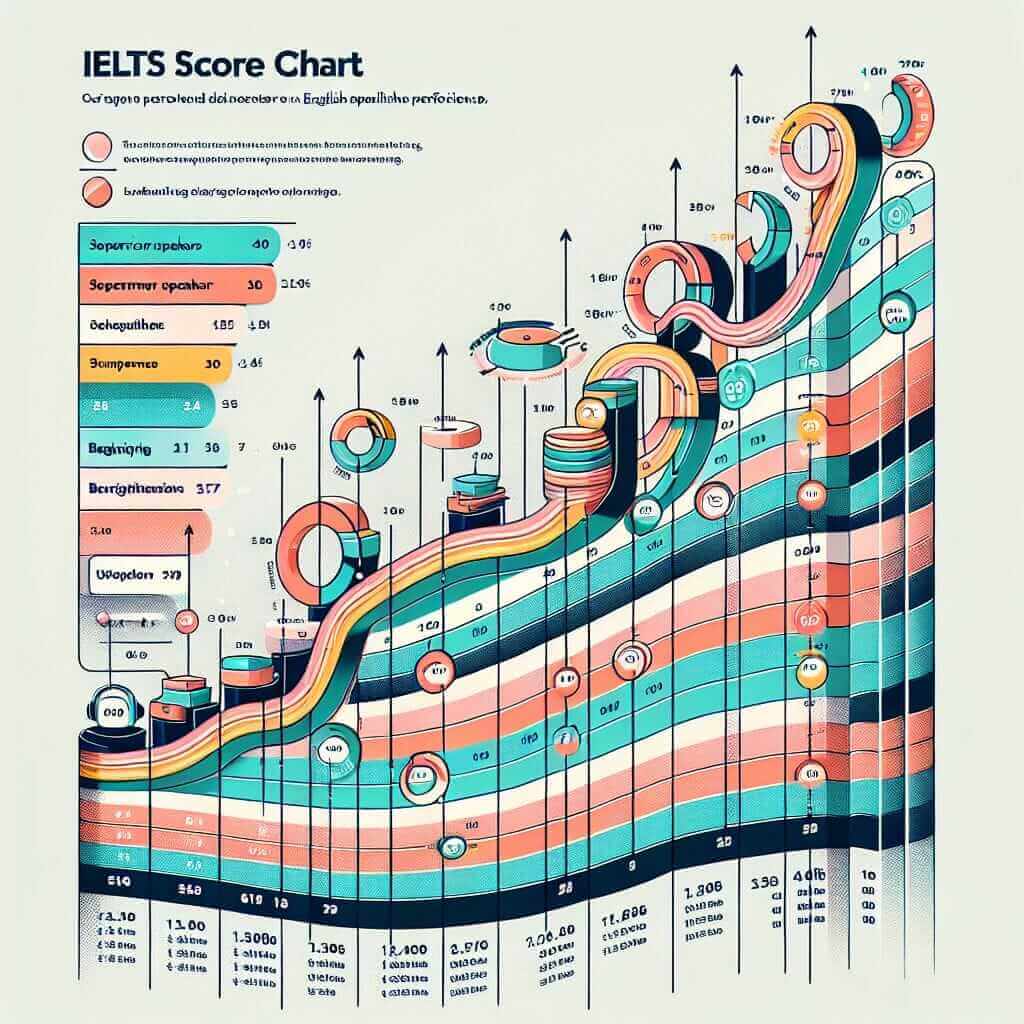As an IELTS aspirant aiming for band 7 or higher, you’re likely seeking ways to elevate your English beyond the ordinary. One potent tool in your linguistic arsenal is the elegant and impactful structure: “Were I to…”. This phrase, often heard in formal speeches or literary works, signals a hypothetical situation and adds a touch of sophistication to your writing and speaking. While not overly common in IELTS, mastering it demonstrates a command of complex grammatical structures, which examiners love!
Let’s illustrate with a few examples before diving deeper:
Speaking:
- Question: “What are your plans for the future?”
- Answer: “Were I to plan that far ahead, I would consider pursuing a Master’s degree in Environmental Science.”
Writing Task 2:
- “Some argue that space exploration is a waste of resources. Were we to neglect this vital field, however, we risk stifling scientific advancement and limiting our understanding of the universe.”
Writing Task 1 (Describing a future trend):
- “Were the trend to continue, renewable energy sources would overtake fossil fuels as the primary source of power by 2040.”
In each case, “Were I to…” or its variations introduce a hypothetical scenario, adding a layer of nuanced thought to your response.
Delving into “Were I to…”
Meaning and Importance:
This structure is essentially a more formal and literary way of expressing a second conditional sentence (hypothetical situation in the present or future). It implies a condition that is unlikely to happen or is currently not the case. Using it showcases your ability to:
- Employ a wider range of grammatical structures: Demonstrating grammatical range and accuracy is crucial for achieving a high IELTS score.
- Express hypothetical situations with finesse: “Were I to…” adds a touch of formality and eloquence compared to the simpler “If I were to…”
The Formula:
Let’s break down the structure:
Were + Subject + to + base form of verb, Subject + would/could/might + base form of verb
Examples:
- Were I to win the lottery, I would travel the world.
- Were she to study harder, she could easily achieve her goals.
- Were they to arrive early, we might have time for a coffee.

Application in IELTS:
- Speaking: Use it when discussing hypothetical future plans, offering solutions to problems, or expressing opinions on unlikely scenarios.
- Writing Task 1: This structure can be helpful when describing future trends or making predictions based on current data.
- Writing Task 2: It’s effective for presenting counter-arguments, exploring hypothetical consequences, or discussing unrealized possibilities.
Mastering the Structure for IELTS Success:
Here are some more specific examples of how to utilize “Were I to…” in different sections of the IELTS:
Speaking Part 3 (Hypothetical discussion):
- Examiner: “Do you think governments should invest more in public transportation?”
- You: “Absolutely. Were governments to prioritize funding for efficient and affordable public transport, it would not only reduce traffic congestion but also promote a greener environment.”
Writing Task 2 (Presenting a counter-argument):
- “Opponents of this view argue that stricter regulations would stifle economic growth. However, were we to ignore the environmental impact of unchecked industrial expansion, the long-term consequences could be far more detrimental to the economy.”
Writing Task 1 (Describing a future trend in a graph):
- “Were this upward trend to persist, the number of people opting for online learning platforms is projected to surpass traditional classroom enrollment within the next decade.”
Common Pitfalls to Avoid:
- Incorrect verb tense: Remember to use the base form of the verb after “to.”
- Incorrect: Were I to winning the lottery…
- Correct: Were I to win the lottery…
- Informal contractions: Avoid using contractions (like “weren’t” or “I’d”) to maintain the formal tone of the structure.
- Overuse: While impressive, don’t overuse “Were I to…” in your writing or speaking. Use it strategically to highlight key points or introduce particularly significant hypothetical scenarios.
Conclusion:
Mastering sophisticated grammatical structures like “Were I to…” is a surefire way to impress IELTS examiners and boost your band score. Remember to use it strategically, practice its application in various contexts, and aim for clarity and natural-sounding language. With dedicated effort and a keen eye for detail, you’ll be well on your way to achieving your desired IELTS results.